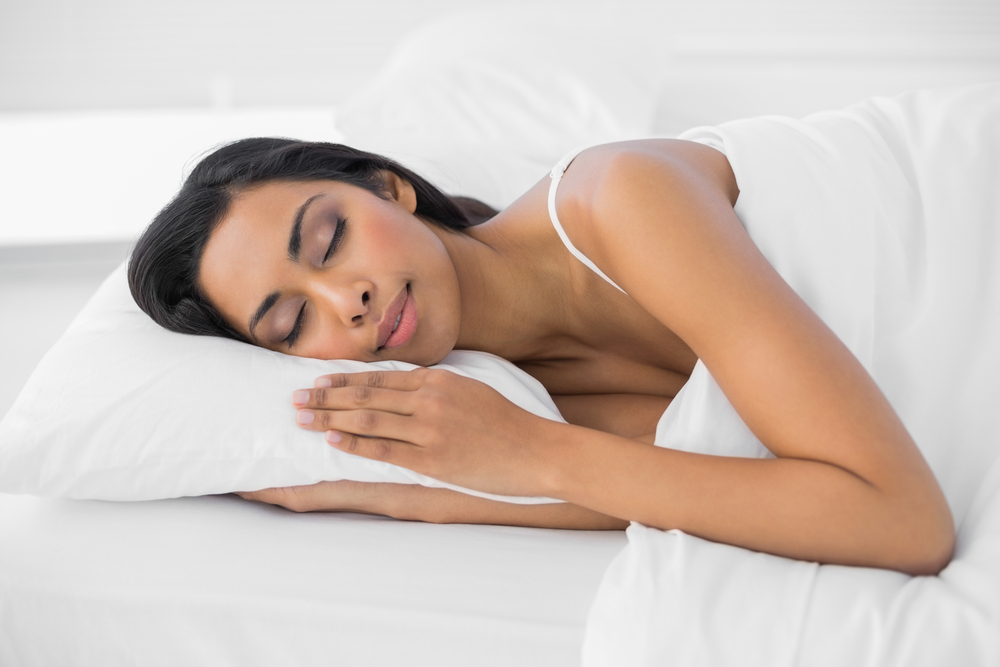
How much sleep do you get each night? If you don’t get enough, you might experience some negative side effects.
Sleep deprivation has become a common problem in modern society. Many people struggle to fall asleep at night or get poor quality sleep in general. This can cause serious problems for our physical and mental health.
Ways That Bad Sleep Can Affect Our Mental Health.
1. Depression
Depression is one of the most common mental illnesses. According to the National Institute of Mental Health, about 8.4 percent of adults suffer from major depressive disorder each year.
People with depression often feel sad, hopeless, guilty, and worthless. They may experience physical symptoms such as fatigue, difficulty concentrating, and changes in appetite and sleeping habits.
In addition, individuals with depressive disorders may experience difficulty sleeping. When left unchecked, depression and sleep disorder can have a vicious cycle that can damage your physical and mental health.
2. Anxiety
Anxiety is another common mental illness. Last year, over 19% of Americans struggled with an anxiety disorder.
According to the Anxiety and Depression Association of America, anxiety affects nearly everyone at least once in their lifetime. People with anxiety tend to worry excessively about things that aren’t necessarily dangerous.
They may feel nervous, tense, restless, and irritable. Some people with anxiety also have panic attacks. These are episodes of intense fear, shortness of breath, sweating, dizziness, and chest pain.
3. Memory Loss
Memory loss can be another symptom of lack of sleep. When we sleep, our brains process the events throughout the day. A lack of sleep can cause us to forget a good amount of information.
The good news is that there are steps we can take to prevent memory loss. For example, getting at least seven hours of sleep per night has been shown to improve memory of the event throughout the day.
4. Poor Decision Making
Poor decision-making can be another side effect of lack of sleep. Sleep deprivation can make us more impulsive and prone to risky behavior.
Lack of sleep can also impair our ability to think clearly. In fact, it’s estimated that up to 80 percent of workplace accidents are caused by lack of sleep.
Simple Ways to Improve Your Quality of Sleep
Getting a better night’s sleep is one of the most important things you can do for yourself.
Here are some ways to relax and get a better night’s sleep.
- Create a Relaxed Environment: Create a relaxing environment before bedtime. Turn off the TV and computer, dim the lights, play soft music, and create a warm atmosphere. This helps you feel relaxed and comfortable, which makes it easier to fall asleep.
- Practice Breathing Exercises: Breathing exercises are a great way to relax and prepare yourself for sleep. Try these breathing exercises to help you fall asleep faster.
- Avoid Stimulating Foods Before Bedtime: Stimulants such as caffeine and sugar cause you to wake up later than usual. Avoid eating foods high in stimulants like chocolate, coffee, and soda before bedtime. These foods may keep you awake longer than necessary.
- Take a Warm Bath: Taking a warm bath before bedtime can help you fall asleep faster and improve your overall health by helping to sooth your muscles and relieve stress.
- Exercise Regularly: Exercise releases endorphins, natural painkillers that help you relax and fall asleep. It also improves your mood and boosts your energy levels.
- Meditate: Meditation is another effective way to relax and fall asleep. Focus on your breath and let go of any worries or concerns you have.
Let MAP Help with Sleep Disorders
When it comes to sleep disorders, sometimes professionals are needed when simple actions are not enough to help you get better sleep. Our team of specialists at MAP are ready to help you get the quality sleep you need. Contact us or call us at (208) 515-CARE to get started.
References:
- Major Depression. (2022). Retrieved from https://www.nimh.nih.gov/health/statistics/major-depression
- Salfi, F., Lauriola, M., Tempesta, D., Calanna, P., Socci, V., De Gennaro, L., & Ferrara, M. (2020). Effects of Total and Partial Sleep Deprivation on Reflection Impulsivity and Risk-Taking in Deliberative Decision-Making. Nature and science of sleep, 12, 309–324. https://doi.org/10.2147/NSS.S250586
